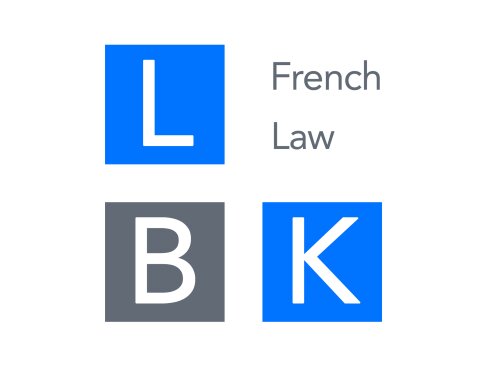Best Oil, Gas & Energy Lawyers in Paris
Share your needs with us, get contacted by law firms.
Free. Takes 2 min.
List of the best lawyers in Paris, France
About Oil, Gas & Energy Law in Paris, France:
The oil, gas and energy sector in Paris, France, is structured by a complex regulatory framework that governs every aspect from exploration and production to distribution and consumption. This field of law is heavily influenced by the policies of the European Union and French national laws focused on transitioning towards a more sustainable energy economy, with the intent of achieving carbon neutrality by 2050.
Why You May Need a Lawyer:
Considering the complex legal landscape and the high level of regulation in the energy sector, seeking legal advice can be beneficial in countless instances. These include establishing an energy related business, monitoring compliance with environmental standards, negotiating contracts on oil and gas extraction rights, managing litigation risks in case of accidents, and understanding tax implications and state aid issues, among others.
Local Laws Overview:
France has stringent laws and regulations governing the oil, gas and energy sector. These include the Hydrocarbons Code, which regulates the exploration and production of oil and natural gas, and the Energy Code, which provides a legal framework for energy production, supply and transport. Additionally, the Energy Transition Act of 2015 lays out a roadmap for reducing the carbon footprint, increasing the share of renewables, and improving energy efficiency.
Frequently Asked Questions:
What is the legal framework governing the renewable energy sector?
The Energy Transition Act of 2015 and the Energy Code are the primary laws that govern the renewable energy sector, providing incentives and setting targets to encourage the use of green energy.
Is fracking permitted in France?
Fracking, a technique used for extracting shale gas, is banned in France due to environmental concerns-an official stance confirmed by the Constitutional Council in 2013.
What role does the government play in the the Oil, Gas and Energy sector?
The French government plays a critical role in regulating the sector, setting policies, granting permits, and overseeing safety and environmental standards.
Are there specific regulations regarding offshore drilling in France?
Offshore drilling is highly regulated in France under the Hydrocarbons Code, with strict safety and environmental requirements to be met.
How is the import and export of energy regulated in France?
The import and export of energy in France are regulated by the Energy Code and are heavily influenced by EU energy policies.
Additional Resources:
For further information, one could refer to different federal entities such as the Ministry for an Ecological and Solidary Transition (responsible for Energy Transition Act implementation), the French Energy Regulatory Commission (an independent administrative authority overseeing competition within the electricity and natural gas sectors), and the General Directorate for Energy and Climate at the Ministry of Ecology, Sustainable Development and Energy (charges with energy policy development).
Next Steps:
If you need legal assistance in the Oil, Gas & Energy sector, identifying and consulting with a legal expert specialized in this field should be your next step. Preparation for initial consultation may involve gathering all relevant documents, facts, contracts, or other material that could provide your counsel with a comprehensive understanding of your situation. Being proactive in understanding the relevant laws and regulations can help you effectively engage with your legal advisor.
Lawzana helps you find the best lawyers and law firms in Paris through a curated and pre-screened list of qualified legal professionals. Our platform offers rankings and detailed profiles of attorneys and law firms, allowing you to compare based on practice areas, including Oil, Gas & Energy, experience, and client feedback.
Each profile includes a description of the firm's areas of practice, client reviews, team members and partners, year of establishment, spoken languages, office locations, contact information, social media presence, and any published articles or resources. Most firms on our platform speak English and are experienced in both local and international legal matters.
Get a quote from top-rated law firms in Paris, France — quickly, securely, and without unnecessary hassle.
Disclaimer:
The information provided on this page is for general informational purposes only and does not constitute legal advice. While we strive to ensure the accuracy and relevance of the content, legal information may change over time, and interpretations of the law can vary. You should always consult with a qualified legal professional for advice specific to your situation.
We disclaim all liability for actions taken or not taken based on the content of this page. If you believe any information is incorrect or outdated, please contact us, and we will review and update it where appropriate.















